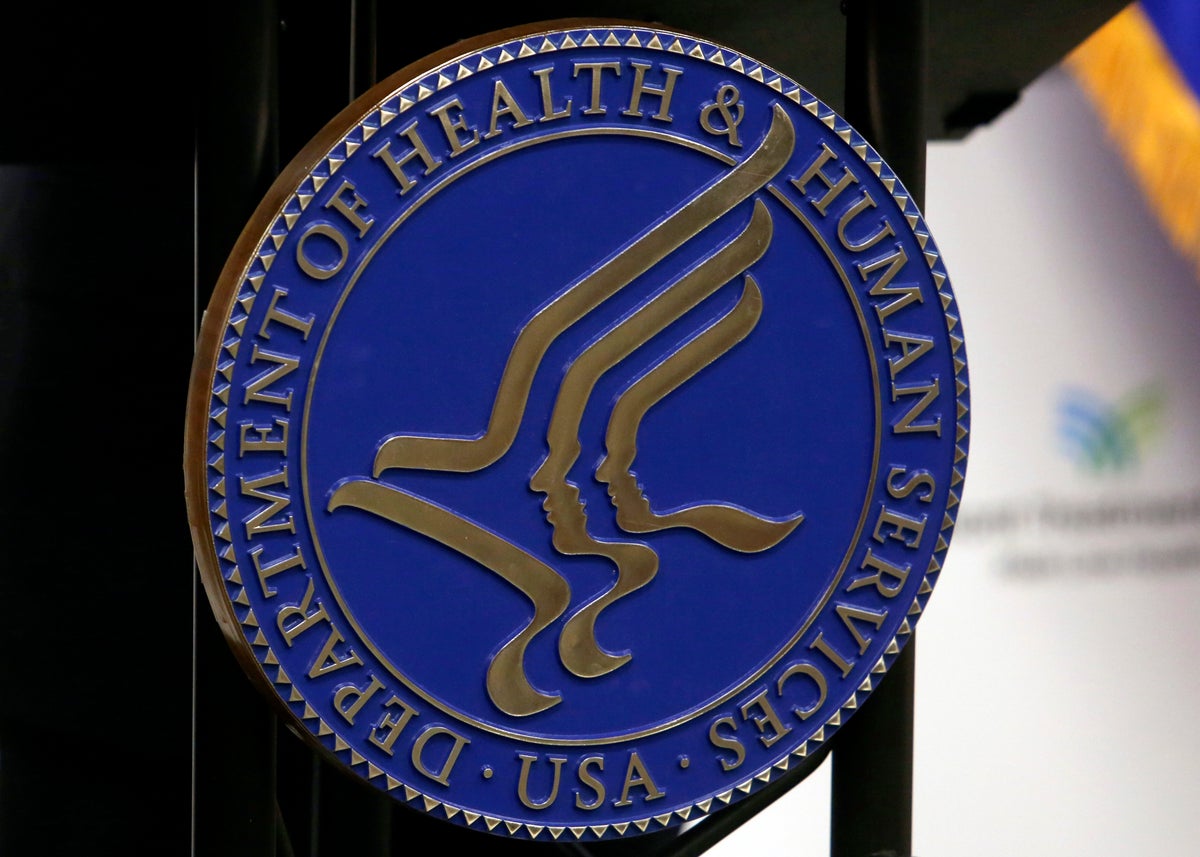
A 17-year-old boy from Honduras died this week in U.S. immigration custody, American and Honduran officials said Friday, underscoring concerns about a strained immigration system as the Biden administration manages the end of asylum restrictions known as Title 42.
The teenager was identified as Ángel Eduardo Maradiaga Espinoza, according to a tweet from Honduran foreign relations minister Enrique Reina. Maradiaga was detained at a facility in Safety Harbor, Florida, Reina said.
He entered the U.S. several weeks ago and died Wednesday, according to a U.S. official familiar with the matter who was not authorized to speak publicly and spoke on condition of anonymity.
No cause of death was immediately available nor were circumstances of any illness or medical treatment.
The U.S. Department of Health and Human Services, which is responsible for the facility where Maradiaga was held, said in a statement that a review of health care records was underway as was an investigation by a medical examiner.
HHS “is deeply saddened by this tragic loss and our heart goes out to the family, with whom we are in touch,” the department's statement said.
White House press secretary Karine Jean-Pierre called the news “devastating” and referred questions about the investigation to HHS.
The asylum restrictions under Title 42 expired Thursday with President Joe Biden's administration announcing new curbs on border crossers that went into effect Friday. Tens of thousands of people tried to cross the U.S.-Mexico border in the weeks before the expiration of Title 42, under which U.S. officials expelled many people but allowed exemptions for others, including minors crossing the border unaccompanied by a parent.
This was the first known death of an immigrant child in custody during the Biden administration. At least six immigrant children died in U.S. custody during the administration of former President Donald Trump.
HHS operates long-term facilities to hold children who cross the border without a parent until they can be placed with a sponsor. HHS facilities generally have beds and facilities as well as schooling and other activities for minors, unlike Border Patrol stations and detention sites in which detainees sometimes sleep on the floor in cells.
Advocates who oppose the detention of immigrant children say HHS facilities are not suited to hold minors for weeks or months as sometimes happens.
More than 8,600 children are currently in HHS custody. That number may rise sharply in the coming weeks amid the shift in border policies as well as sharply rising trends of migration across the Western Hemisphere and the traditional spike in crossings during spring and summer.







